The Electronic Trauma Flow Sheet: What Does(n’t) Work – Part 2
The Trauma Pro
JULY 13, 2023
In my last post, I wrote about how the electronic trauma flow sheet (eTFS) practically assures a garbage in situation. Today, I’ll dig into what happens on the back end, and how it also creates a garbage out situation. There are two ways to view the eTFS on the back end (abstraction phase): read a paper report (timeline), or view it live in the electronic health record (EHR).

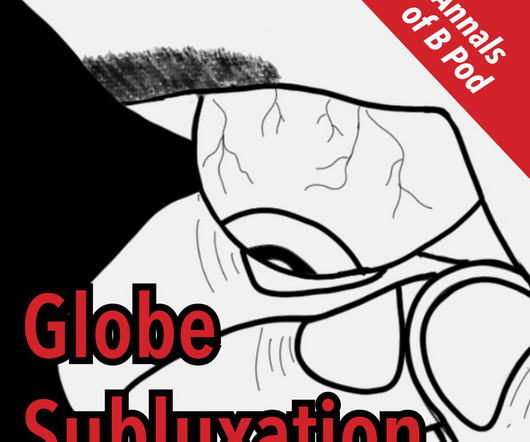
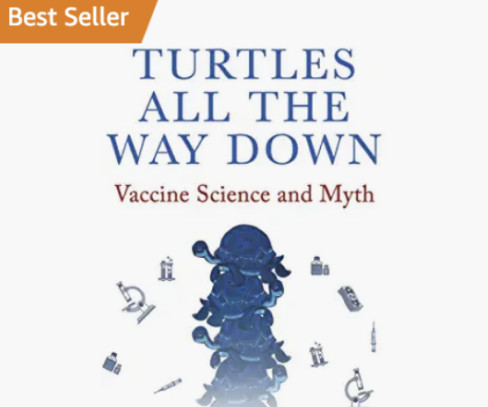

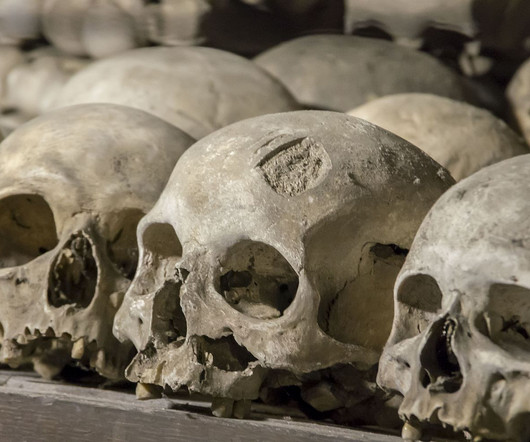
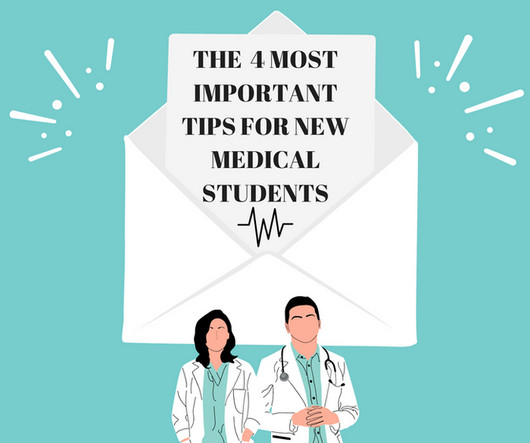
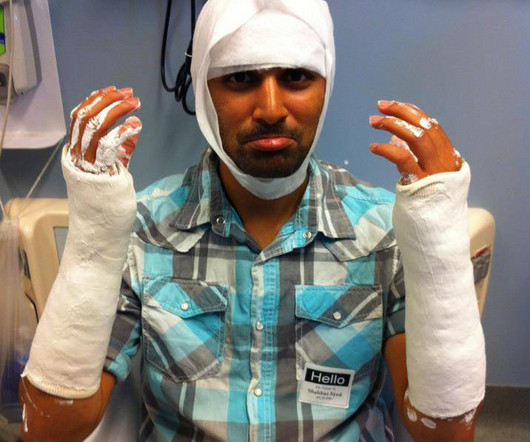




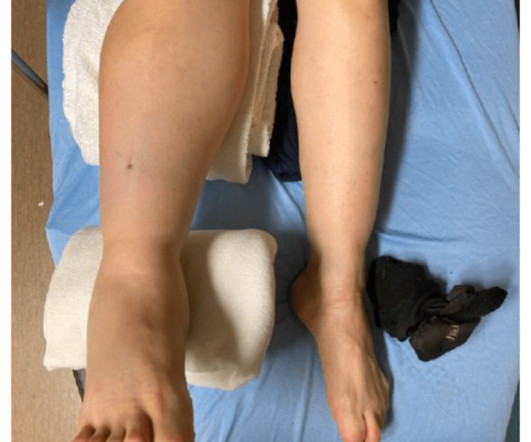










Let's personalize your content